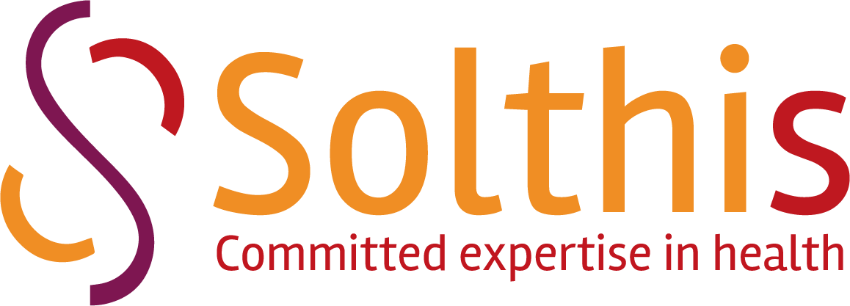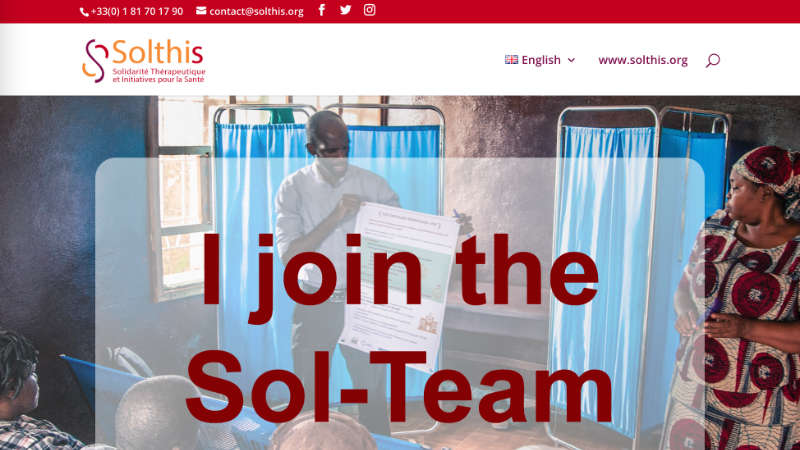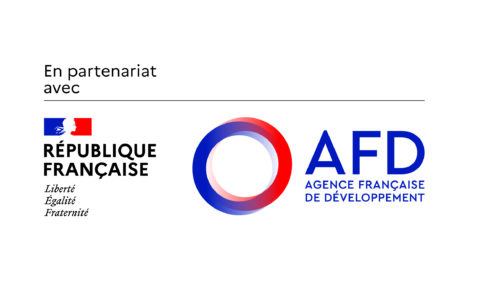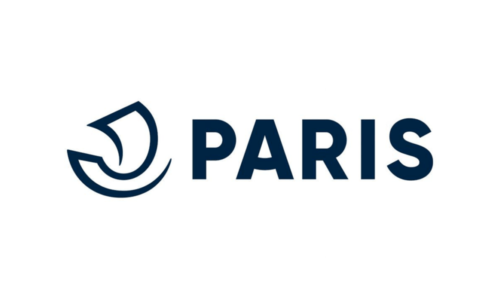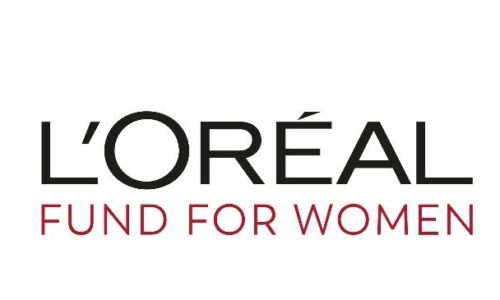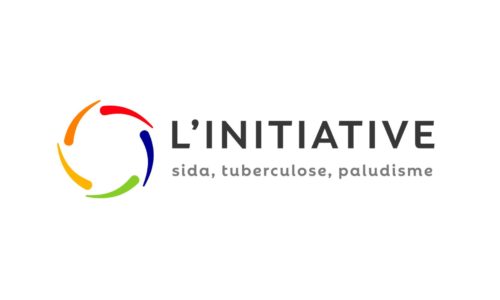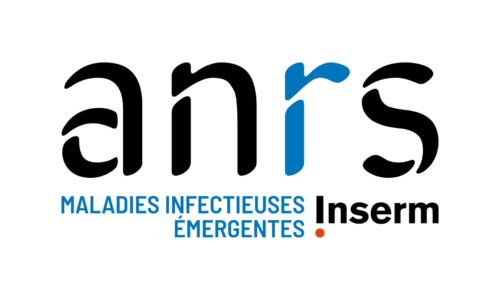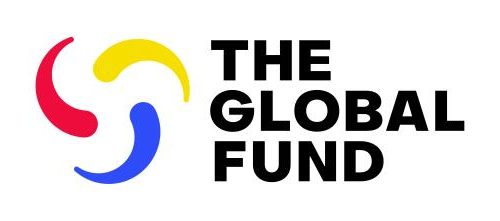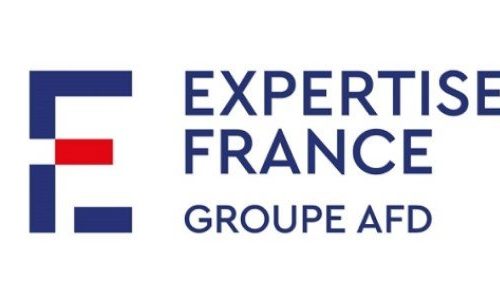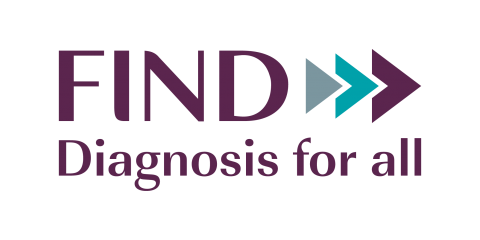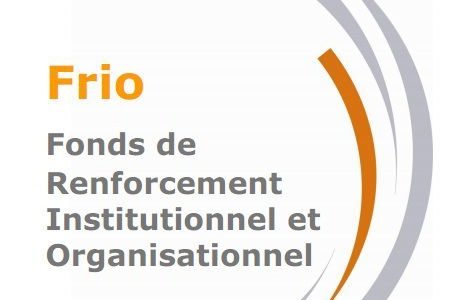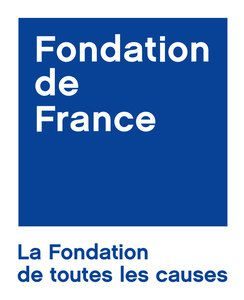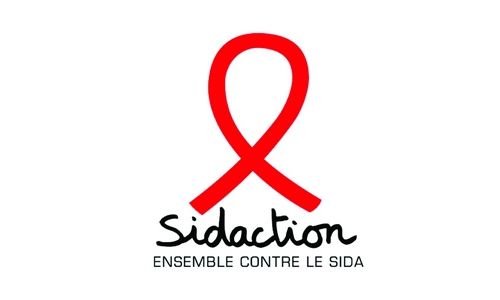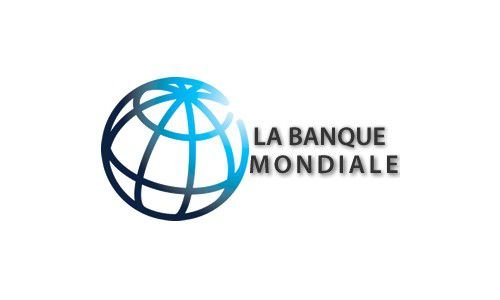1 September 2020 | Informations
NIGERSTRENGTHENING SYSTEMS AND HEALTH SERVICESCOVID-19Fighting Covid-19
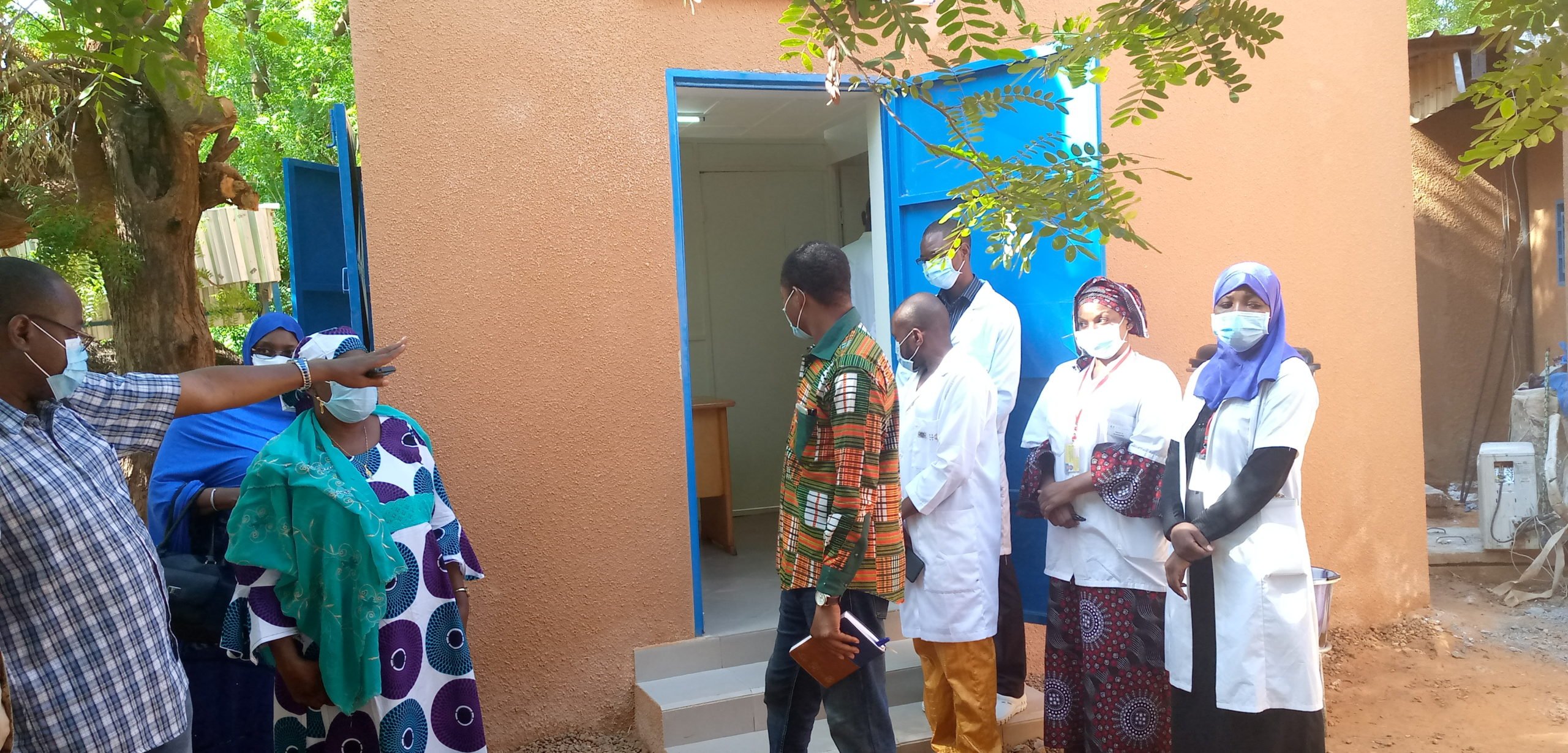
Since the first COVID-19 case in Niger, notified on 19 March 2020, 1,167 cases have been recorded as of 20 August 2020, particularly in the Niamey region. THe region remains the first and most affected region with 858 cases, i.e. 74% of the cases identified in the country. To support the Ministry of Health in managing the crisis, the two NGOs Solthis and Alima set up an additional component to the AIRE project (funded by Unitaid and co-funded by AFD in Niger) for infections prevention at the Niamey Regional Hospital Center (CHRN). This component must help reducing the impact of the epidemic on CHRN patients and healthcare staff.
“The CHRN is a hospital that welcomes many patients, mostly mothers and children. With a capacity of 200 beds and 450 staff, the CHRN has 1,000 admissions for hospitalisation per month and 4,000 outpatient consultations. Mobilisation to fight the pandemic was therefore essential to protect all those who frequent the hospital, but also to help reduce transmission in the Niamey region”. Dr. Yacouba Nouhou, Coordinator of the implementation of COVID-19 activities at the CHRN, Solthis Niger.
.
A COVID-19 management system from scratch: what should we think about?
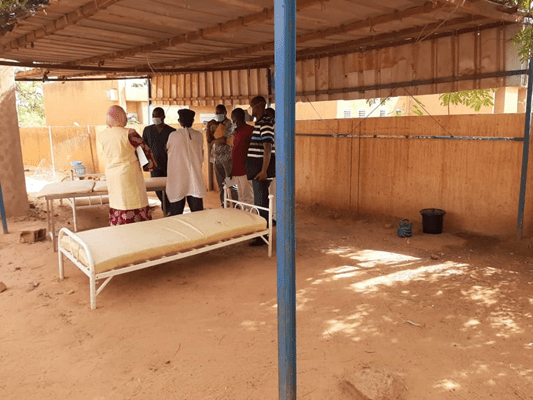 “We realised the limits from the beginning. In addition to hygiene measures, after discussions with the CHRN, Alima and Solthis, it seemed urgent to us to reorganise the circuit of patients in order to comply with the COVID-19 prevention standards, particularly for all acute respiratory infections, considered as possible cases of COVID-19. When patients arrive, the necessary measures must be taken, because the carers cannot know which case has just gone through the door. The reorganisation of the circuit implies above all the setting up of a system for sorting patients and an area for isolating suspect cases before they are even treated.” explains Dr Yacouba Nouhou, Coordinator of the implementation of Covid-19 activities at the CHRN (Solthis Niger)
“We realised the limits from the beginning. In addition to hygiene measures, after discussions with the CHRN, Alima and Solthis, it seemed urgent to us to reorganise the circuit of patients in order to comply with the COVID-19 prevention standards, particularly for all acute respiratory infections, considered as possible cases of COVID-19. When patients arrive, the necessary measures must be taken, because the carers cannot know which case has just gone through the door. The reorganisation of the circuit implies above all the setting up of a system for sorting patients and an area for isolating suspect cases before they are even treated.” explains Dr Yacouba Nouhou, Coordinator of the implementation of Covid-19 activities at the CHRN (Solthis Niger)
“Pulse oximeters, planned in the AIRE project for the diagnosis of respiratory distress in children, have been identified as a good tool for sorting out suspected COVID-19 cases. In the context of COVID-19, pulse oximeters allow rapid detection of hypoxemia which may require oxygen therapy in suspected and confirmed cases. It was also necessary to think about the circuit of more fragile people such as pregnant mothers and children who make up the majority of the active queue at the CHRN. An isolation area has been organized, for example, in the paediatric emergency service and in the maternity ward in case that interned patients develop suspicious COVID-19 signs”. continues Dr Yacouba Nouhou
Protecting and supporting carers: the mainstay of the fight against the pandemic?
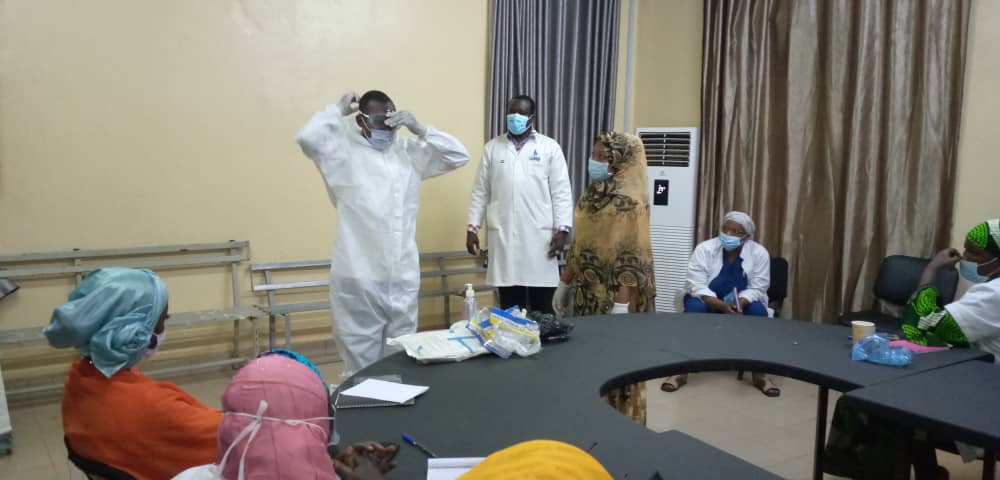 “COVID-19 was destabilising for everyone, including frontline health workers in health facilities, who had to understand this new pandemic and learn how to manage it. It was clear that supporting health workers had to start with capacity building so that health workers could protect themselves and also ensure prevention and patient care. We were also able to recruit new human resources to support CHRN staff, again with the support of Unitaid and AFD. These include three doctors assigned to the COVID-19 consultation unit for a 24-hour rotation, three nurses for 24-hour triage and a logistics assistant to complete CHRN’s various staff (majors, midwives, nurses, surface technicians, etc.) mobilized to maintain hygiene and ensure continuity of essential care for other diseases.”
“COVID-19 was destabilising for everyone, including frontline health workers in health facilities, who had to understand this new pandemic and learn how to manage it. It was clear that supporting health workers had to start with capacity building so that health workers could protect themselves and also ensure prevention and patient care. We were also able to recruit new human resources to support CHRN staff, again with the support of Unitaid and AFD. These include three doctors assigned to the COVID-19 consultation unit for a 24-hour rotation, three nurses for 24-hour triage and a logistics assistant to complete CHRN’s various staff (majors, midwives, nurses, surface technicians, etc.) mobilized to maintain hygiene and ensure continuity of essential care for other diseases.”
“Today, the device is functional and has recorded 10 suspect cases, including 3 patients who have benefited from oxygen therapy thanks to the CHRN’s oxygen concentrators. An isolation room with 3 places, a consultation room for doctors and a patient sorting tent (thanks to a donation from UNICEF) have been set up and handed over to the CHRN. In addition, training sessions for the CHRN health workers involved in the COVID-19 intervention on the use of Personal Protective Equipment (PPE) and hospital hygiene, triage and filling in the monitoring and evaluation tools were organised. The next steps are also to train CHRN health staff in the use of pulse oximeters and oxygen concentrators and to ensure post-training follow-up on the use of these devices”. TOVIHO Adanchédé Xavier, Monitoring and Evaluation Manager of the AIRE Project.
| Solthis teams continue to adapt their activities to support health structures in their response to the COVID-19 pandemic thanks to additional funding from AFD, Unitaid and Initiative 5% allocated to projects implemented by Solthis. These include the AIRE project implemented in Niger with Alima and the Labo 2s project which has just been launched with a specific section dedicated to the fight against COVID-19 and its impact on the health system. Labo 2s will help to extend Solthis intervention against the pandemic in 5 care sites in the city of Niamey in order to protect and strengthen the capacities of health professionals and care sites in terms of hygiene, prevention and control of the infection, diagnosis and referral of suspect cases as well as to promote the continuity of essential services, more specifically HIV and tuberculosis care. |
Find out more about the AIRE project: Improving the Identification of Respiratory distress in Children under 5 years.
